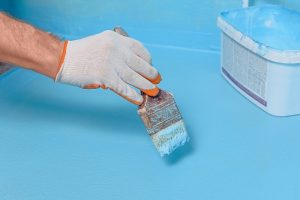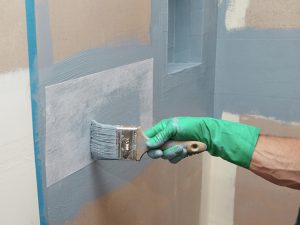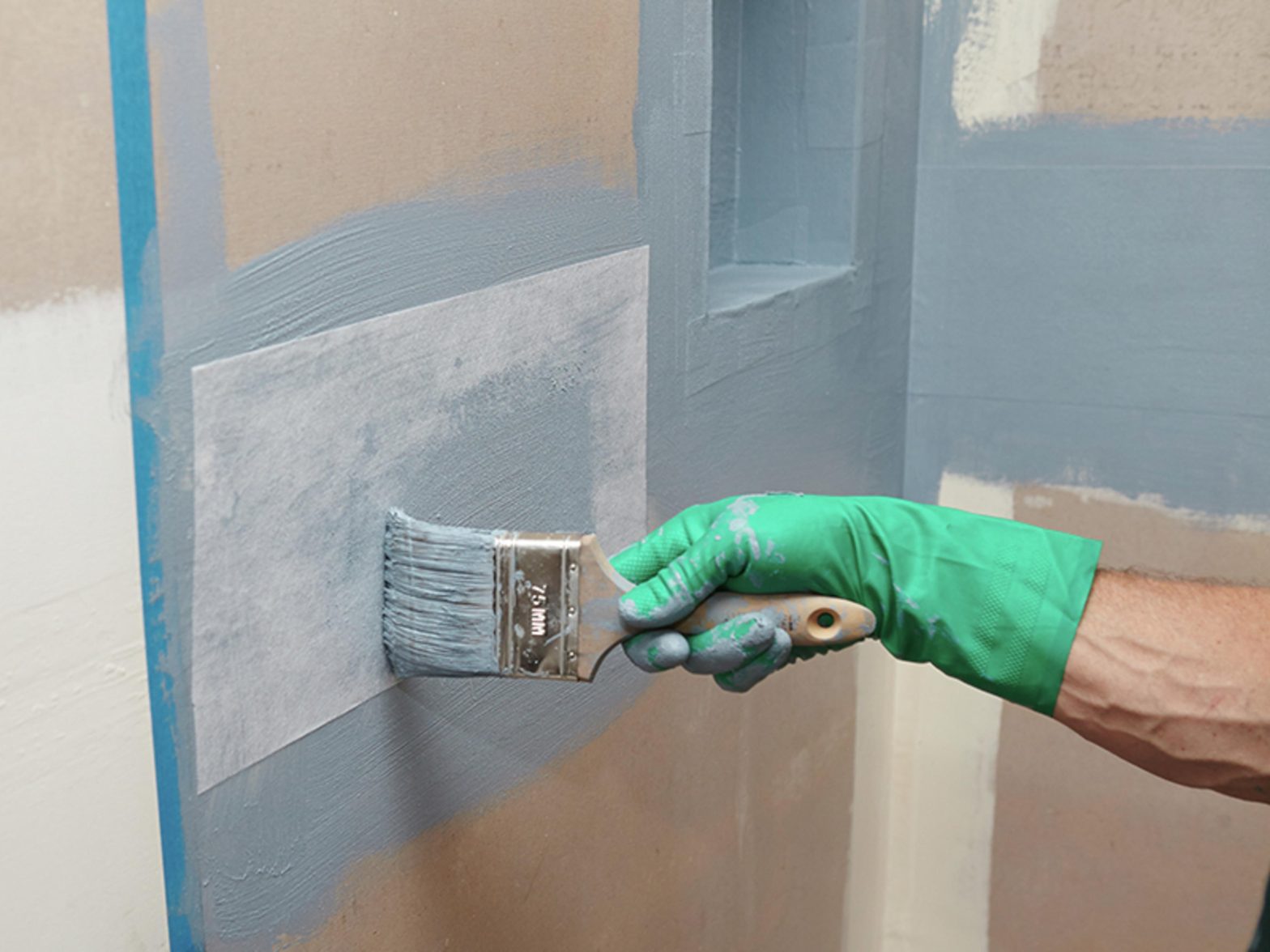Can You Waterproof Your Own Bathroom?
The Importance of Bathroom Waterproofing
Bathrooms are one of the most frequently used areas in a home, and they are also prone to moisture-related problems. Without proper waterproofing, water can seep into the walls and floors, leading to structural damage, mold growth, and costly repairs. To avoid these issues, it’s essential to understand the importance of bathroom waterproofing. Can you waterproof your own bathroom?

Why Is Bathroom Waterproofing Necessary?
Bathroom waterproofing is crucial for several reasons:
1. **Preventing Water Damage**: Bathrooms are exposed to high levels of moisture daily. Without waterproofing, this moisture can penetrate walls and floors, causing structural damage over time.
2. **Mold and Mildew Prevention**: Moisture build-up in your bathroom can create an ideal environment for mold and mildew to thrive. Waterproofing helps keep these harmful organisms at bay.
3. **Extended Lifespan**: Proper waterproofing can significantly extend the lifespan of your bathroom fixtures and materials. It prevents premature deterioration due to moisture exposure.
4. **Health and Safety**: Mold and mildew growth not only damage your bathroom but can also pose health risks. Waterproofing helps maintain a safe and healthy environment.
DIY Bathroom Waterproofing
You might be wondering if you can take on the task of waterproofing your own bathroom. While some bathroom renovation projects are best left to professionals, DIY bathroom waterproofing is feasible if you have the right tools, materials, and knowledge.
Steps for DIY Bathroom Waterproofing
Follow these steps to waterproof your bathroom effectively:
1. **Assess Your Bathroom**: Start by evaluating the current state of your bathroom. Identify areas that require waterproofing, such as shower walls, tub surrounds, and the bathroom floor.
2. **Gather Materials**: Purchase high-quality waterproofing products, including waterproof membrane, sealing tape, and waterproof adhesive. Ensure you have the necessary tools like trowels, brushes, and a utility knife.
3. **Prepare the Surface**: Before applying any waterproofing material, make sure the surface is clean, dry, and free from any debris. Remove old tiles and grout, and repair any cracks or holes.

4. **Apply Waterproof Membrane**: Use a waterproof membrane or coating to cover the areas that need waterproofing. This acts as a barrier to prevent water from seeping into the substrate.
5. **Sealing Joints and Corners**: Pay special attention to joints and corners, as they are common entry points for water. Use sealing tape and waterproof adhesive to create a watertight seal.
6. **Test for Leaks**: After applying the waterproofing materials, it’s a good idea to perform a water test to ensure there are no leaks. Splash water on the treated areas and check for any signs of moisture penetration.
7. **Tile Installation**: Once you are confident that your waterproofing is effective, you can proceed with tiling your bathroom. Use a suitable adhesive and grout that are also water-resistant.
8. **Regular Maintenance**: Waterproofing is not a one-time task. It’s essential to maintain your bathroom by resealing joints and corners as needed to ensure ongoing protection.
When to Call a Professional
While DIY bathroom waterproofing can be cost-effective and satisfying, there are situations where it’s best to call a professional. Here are some scenarios where professional help is advisable:
Complex Renovations
If your bathroom renovation involves significant structural changes, plumbing reconfigurations, or major fixture replacements, it’s wise to hire a professional. They can ensure that the waterproofing is integrated correctly into the overall project.
Large Bathrooms
Large bathrooms may require extensive waterproofing, which can be challenging for an inexperienced DIYer. Professionals have the skills and equipment to handle such projects effectively.
Time Constraints
If you have time constraints or limited availability, hiring a professional can expedite the renovation process. Professionals are well-versed in waterproofing techniques, which can save you time and stress. See more here.
Warranty and Insurance
Professionals often provide warranties for their work, giving you peace of mind in case issues arise. Additionally, having a professional work on your bathroom may be a requirement for insurance coverage.
Conclusion
In conclusion, bathroom waterproofing is a critical aspect of maintaining a functional, safe, and long-lasting bathroom. While DIY bathroom waterproofing is possible, it’s essential to assess the complexity of your project, your expertise, and available time before deciding whether to tackle it yourself or hire a professional.
Properly waterproofing your bathroom not only protects your investment but also ensures the health and safety of your household. Whether you choose to DIY or hire a professional, make sure that the waterproofing is done correctly to enjoy a watertight and worry-free bathroom for years to come.

